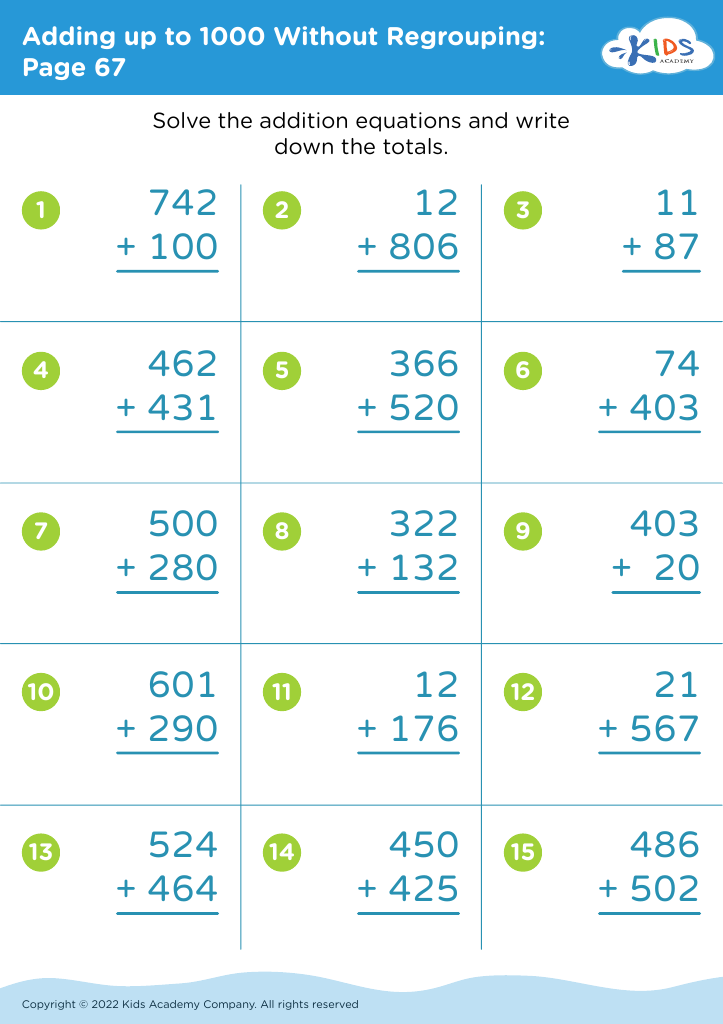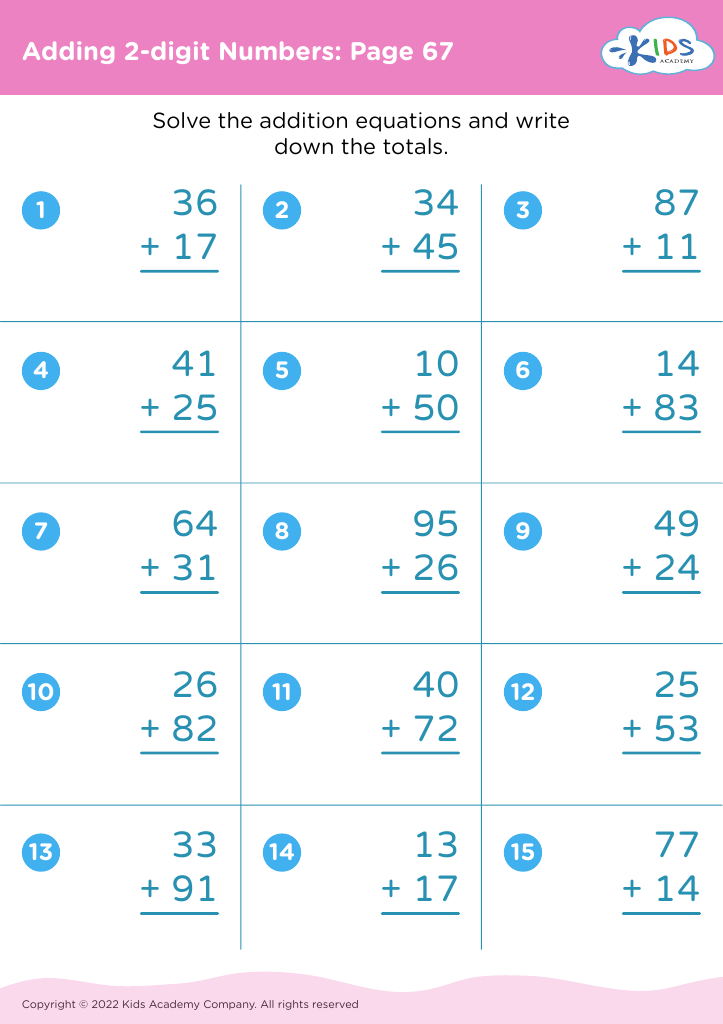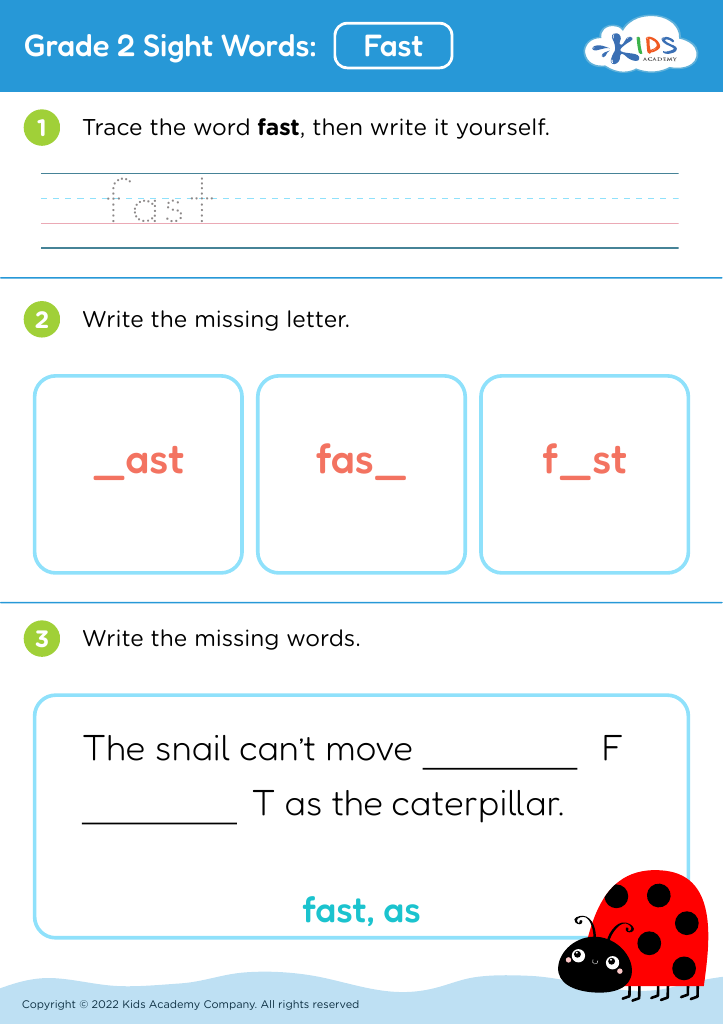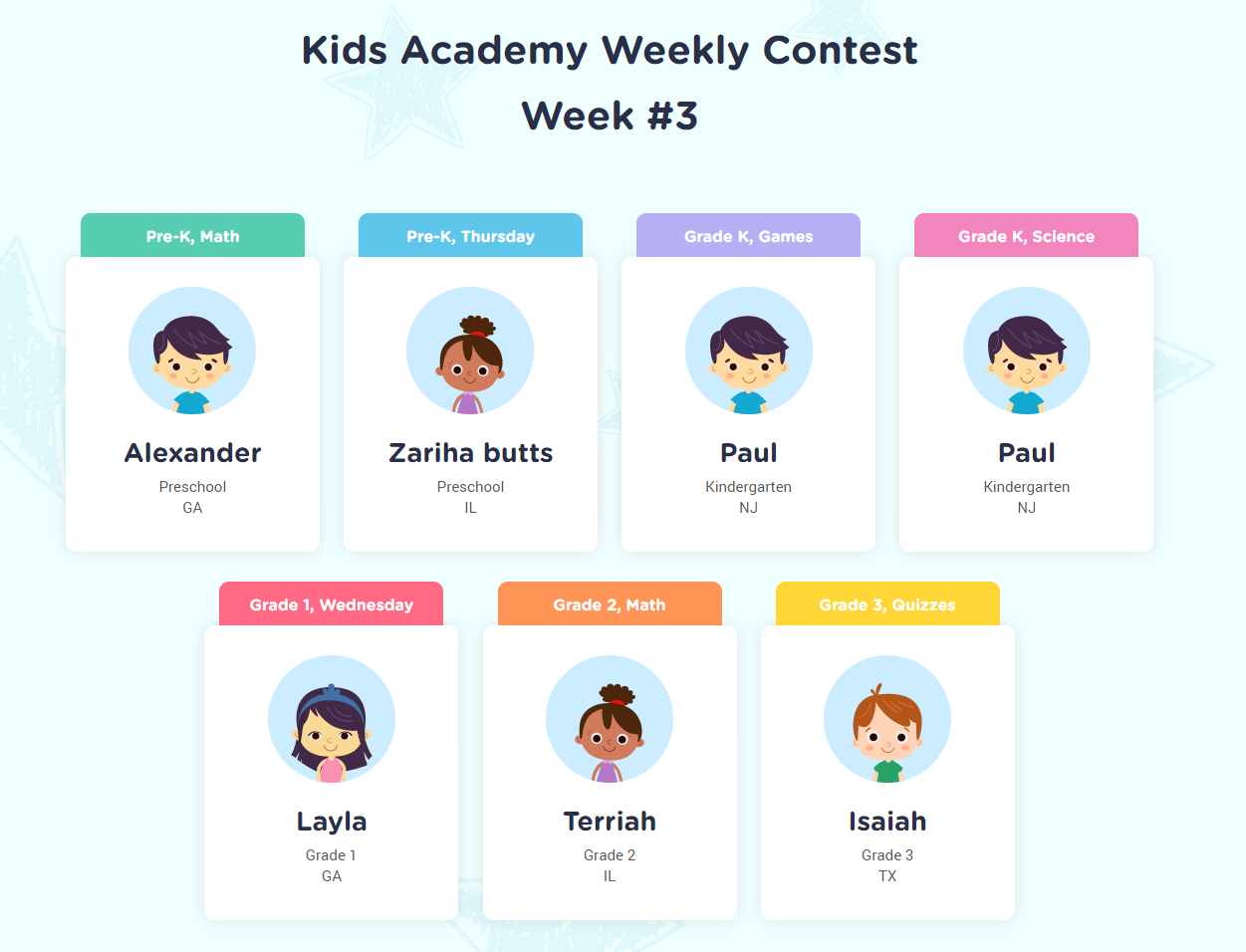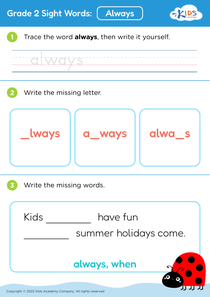Math problem-solving Grade 2 Worksheets
12 filtered results
-
From - To
Our "Math Problem-Solving Grade 2 Worksheets" are designed to enhance critical thinking and logical reasoning in young students. Tailored to align with 2nd-grade learning standards, these worksheets offer engaging math problems that blend basic operations with real-world scenarios. Each activity focuses on developing essential skills, such as addition, subtraction, multiplication, and division. Our vibrant and interactive sheets ensure learning remains fun and effective. Perfect for both classroom use and at-home practice, they are an excellent resource for reinforcing math concepts and boosting confidence in young learners. Download now to support your child's mathematical journey!
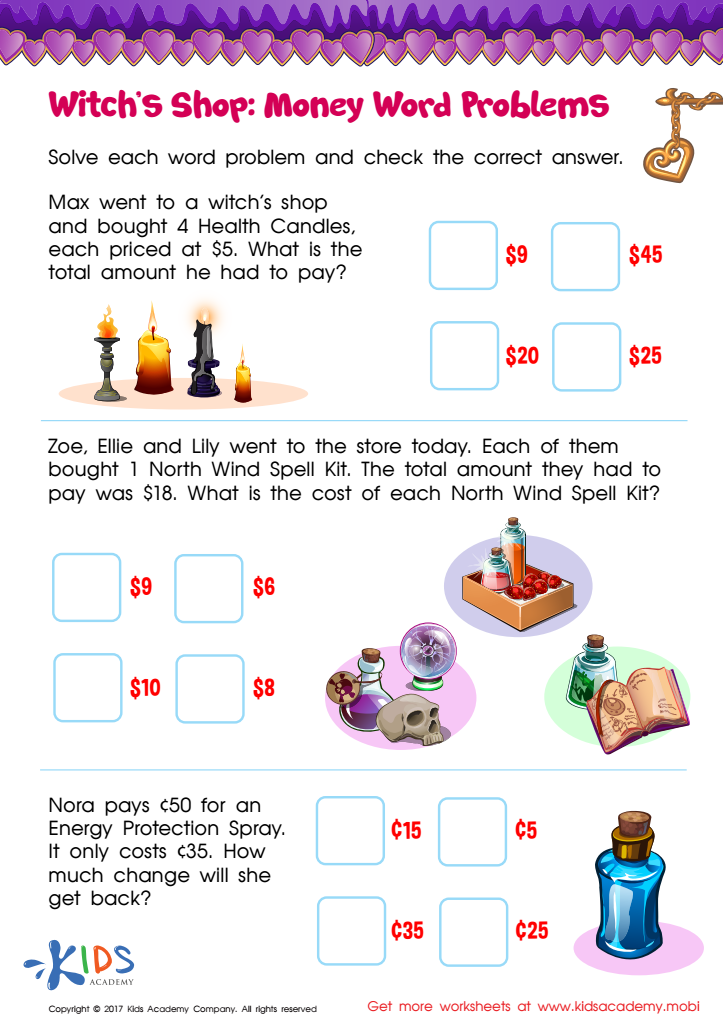

Money Word Problems Printable
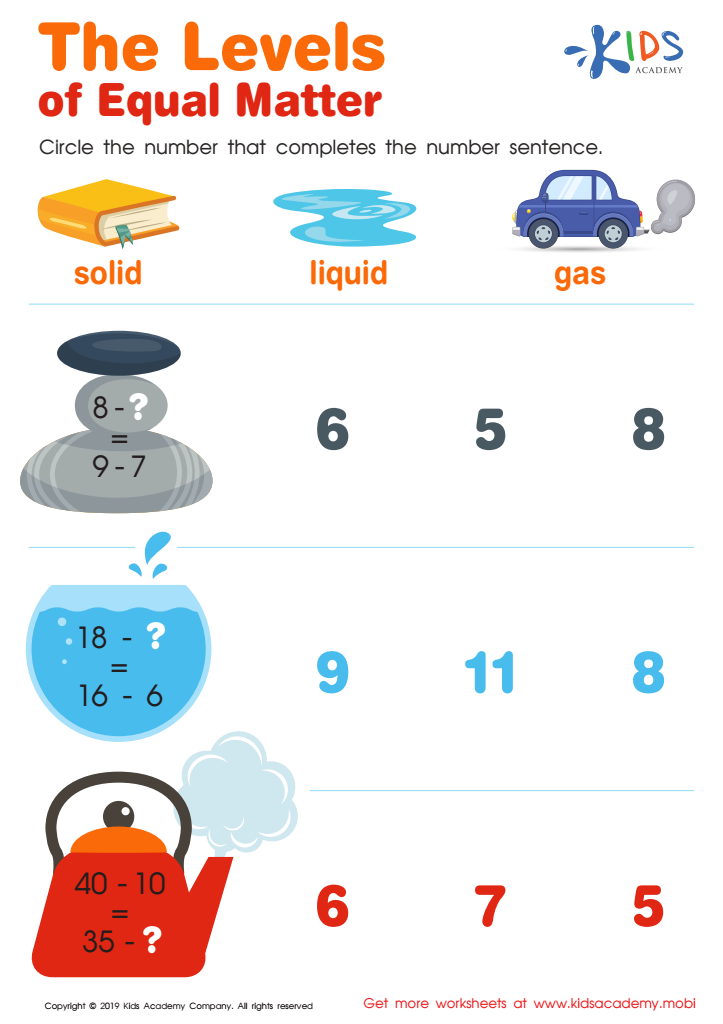

The Levels of Equal Matter Worksheet
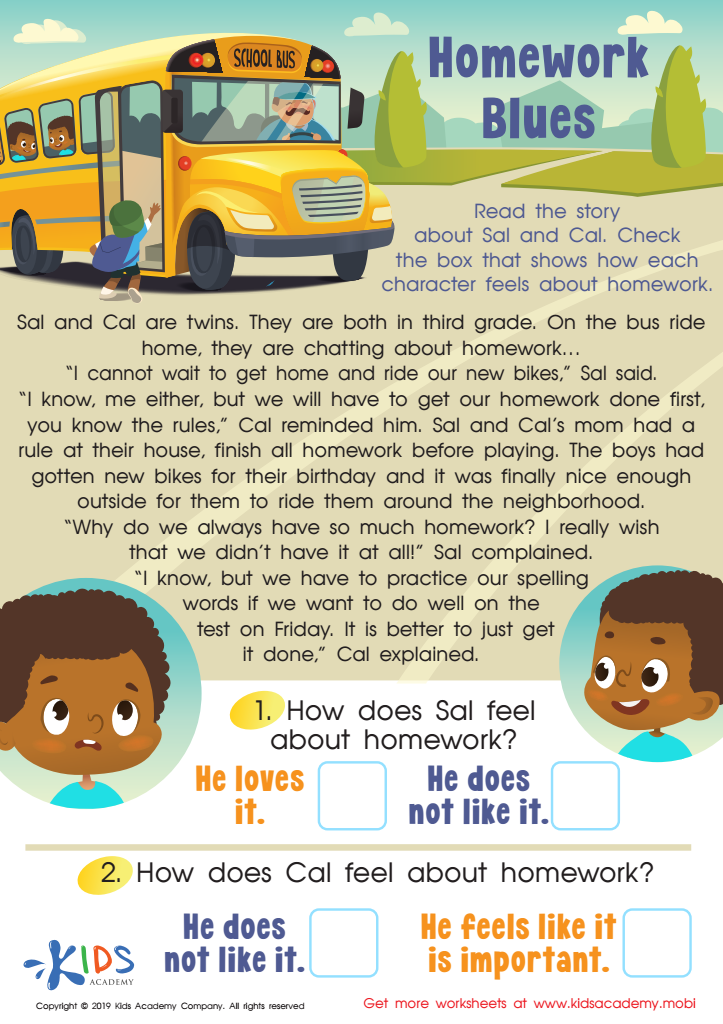

Homework Blues Worksheet
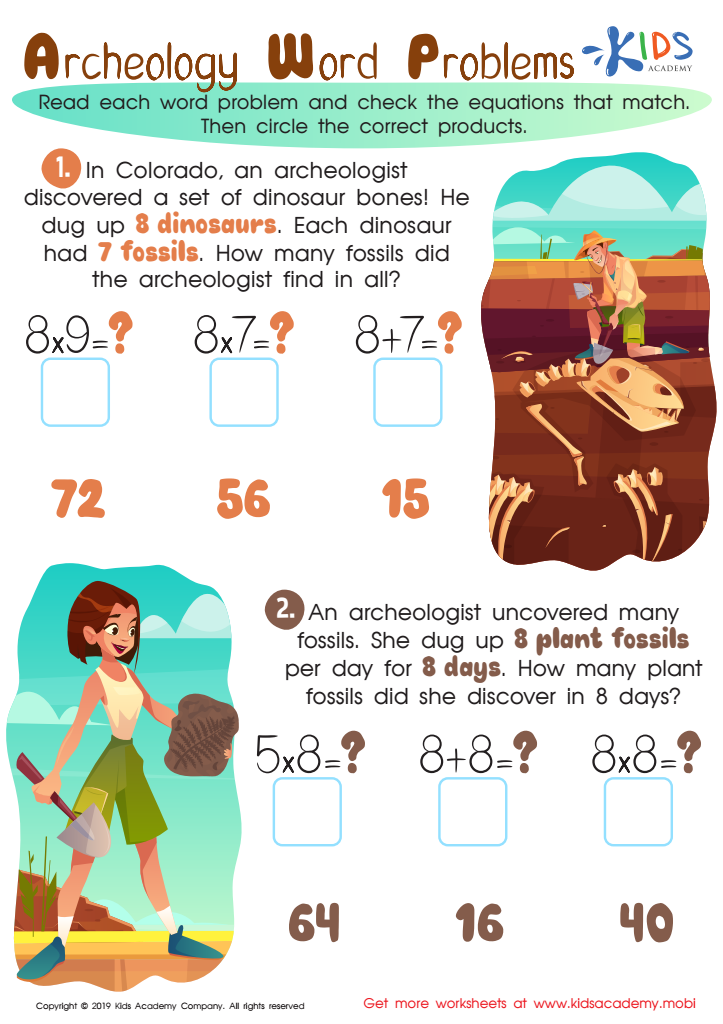

Archeology Word Problems Worksheet
Parents and teachers should prioritize math problem-solving in Grade 2 because it lays the groundwork for essential cognitive and analytical skills that children will use throughout their academic and daily lives. At this developmental stage, students begin to grasp fundamental math concepts such as addition, subtraction, and basic geometry. Proficiency in these areas fosters not just mathematical understanding but also critical thinking, logical reasoning, and persistence in tackling challenges.
Early math problem-solving helps develop numerical literacy, allowing children to make sense of numbers and their relationships. This is vital for practical tasks such as telling time, handling money, and understanding measurements, which are part of everyday life. It also boosts confidence in dealing with more complex tasks as they progress through each grade level.
Furthermore, engaging in math problem-solving activities encourages a growth mindset. Children learn to see mistakes as learning opportunities, fostering resilience and perseverance. These experiences in Grade 2 create a positive foundation and attitude towards math, which can influence their future academic choices and career paths.
In essence, a strong emphasis on math problem-solving in Grade 2 equips children with critical life skills, setting them on a path to success both in and out of the classroom. Therefore, parents and teachers play a crucial role in nurturing these abilities early on.
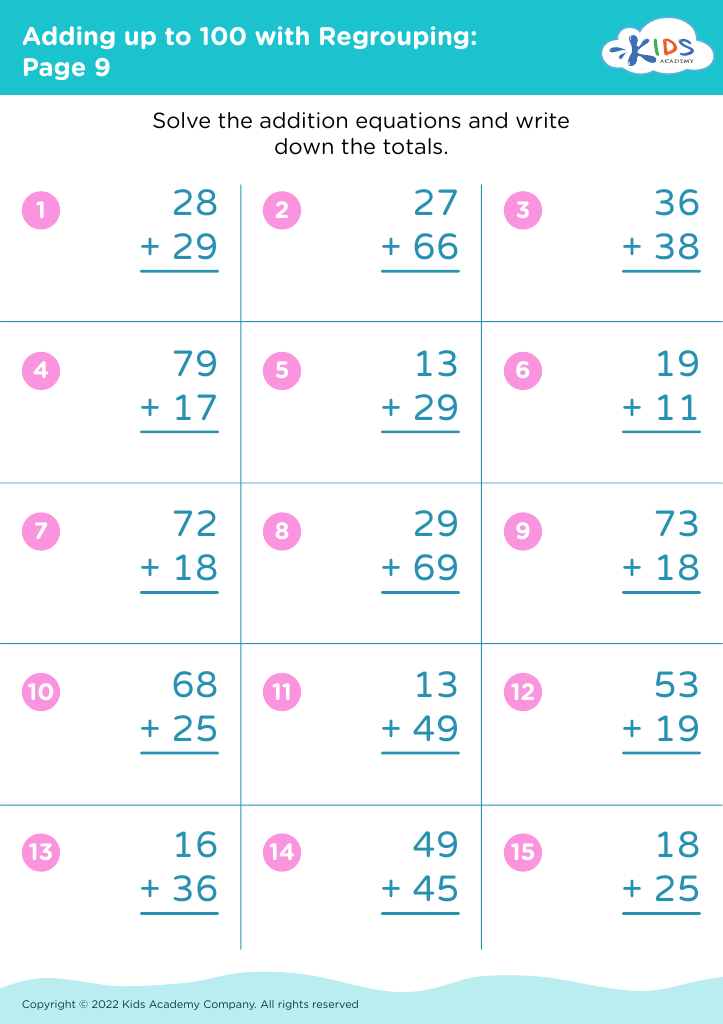


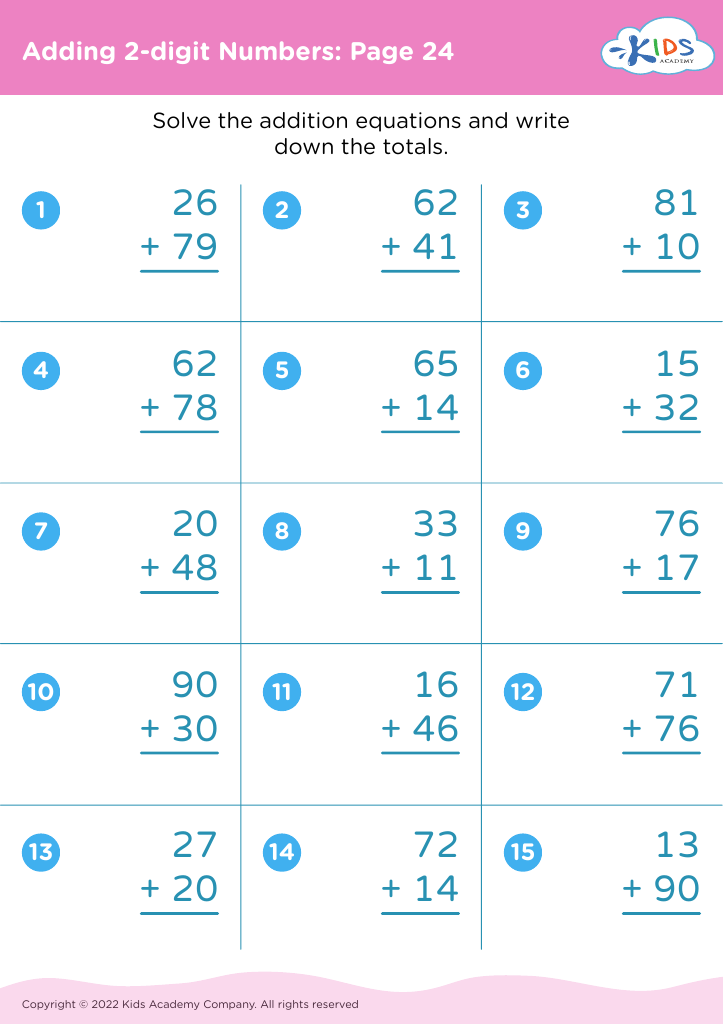
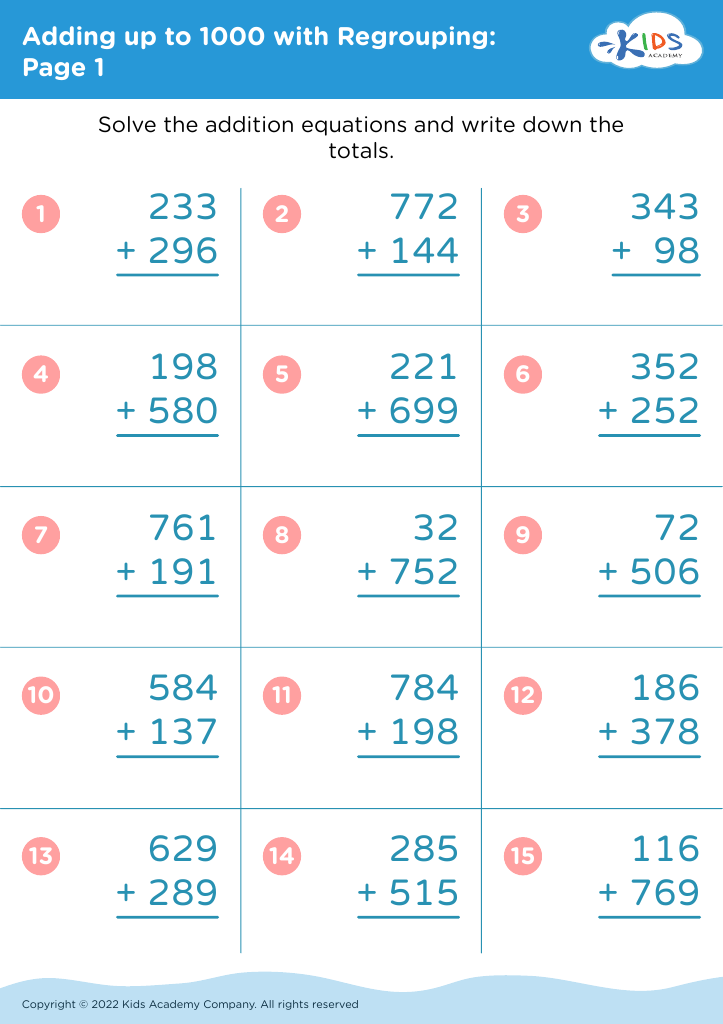
 Assign to My Students
Assign to My Students

